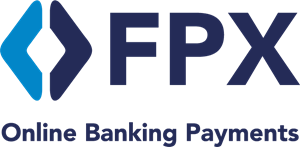Compared to IaaS and PaaS, SaaS (Service as a Service) offers a greater variety of cloud-based services. Anyone using an internet browser on any device can simply access it. The SaaS provider’s data centre houses all of the infrastructure, including middleware, software, storage, and other components. As a result, it is frequently utilised by end users or businesses that must start an application quickly.
SaaS is sometimes referred to as “software on demand” when it can be accessed in urgent, demanding business conditions. Users can reduce both upfront costs and supplemental fees. Additionally, the supplier frequently provides SaaS on a pay-as-you-go basis, and price may range between providers.
Use Cases
1. Email
Because SaaS email is unquestionably a fantastic technique for attracting clients, it has been abused in marketing over the past ten years. Operational emails, welcome emails, activation emails, newsletter emails, and a few others are among the several kinds of SaaS emails. When used properly, these emails can improve corporate operations and even increase revenue.
2. Sales Management
SaaS sales management systems are equipped with a number of features that lessen the work load on the staff. This enables them to concentrate on the other vital elements for business expansion. Utilizing the solutions results in automated workflow, precise forecasting, improved information organisation, and many other benefits.
3. Customer Relationship Management (CRM)
To enhance corporate effectiveness, SaaS vendors offer SaaS CRM access around-the-clock. SaaS CRM is well-liked because there are no installation or maintenance fees. Additionally, it makes sure that everyday data is securely backed up in the cloud rather than being kept on the business’s servers.


